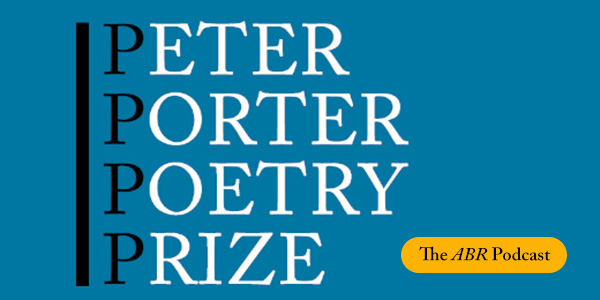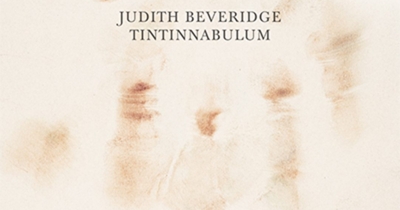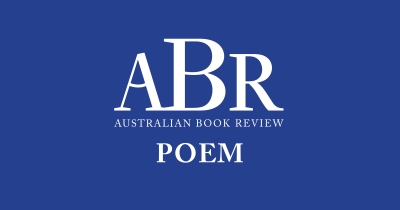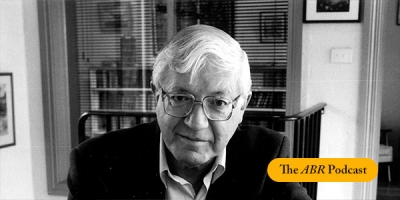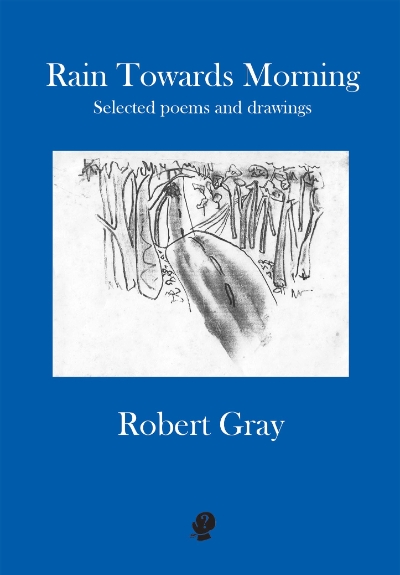Accessibility Tools
- Content scaling 100%
- Font size 100%
- Line height 100%
- Letter spacing 100%
Judith Beveridge
The ABR Podcast
Released every Thursday, the ABR podcast features our finest reviews, poetry, fiction, interviews, and commentary.
Subscribe via iTunes, Stitcher, Google, or Spotify, or search for ‘The ABR Podcast’ on your favourite podcast app.
2025 Peter Porter Poetry Prize Shortlist
Read by the poets
This week on The ABR Podcast we feature the 2025 Peter Porter Prize shortlisted poems, as read by the five poets, published in the January-February issue of ABR.
Recent episodes:
Shyness gives you a bouquet of weeds and tells you to exit
quickly by the back door. Shyness shames you into presenting
only a peepshow version of yourself. It tells you never to be bold,
to never give yourself the box seat. The shy can’t perform
This week on the ABR Podcast we celebrate twenty years of the Peter Porter Poetry Prize with readings from six winners. We invited these poets to reflect on the prize and their winning poems. Hear fresh readings from Judith Beveridge, A. Frances Johnson, Damen O’Brien, Sara M. Saleh, Alex Skovron and Judith Bishop. The 2024 Porter Prize, worth a total of $10,000, closes on October 9.
... (read more)Two poems in memory of Robert Adamson (1943-2022).
... (read more)Rain Towards Morning: Selected poems and drawings by Robert Gray
I’ve come to walk along the jetty, watch the stingrays / glide around the pylons, their sides fanning and flaring / like the skirts of Spanish dancers, but there’s a large / dog tethered to a pole, idling on low growl, speed-smelling / the wind. Its eyes tell me it is used to the loneliness
... (read more)We bent the camels’ legs back at the knees
and bound them with rope, then we tethered them
to a tree and left them in the scorching heat.
The whole camp aromatic with onion, cardamom ...
ABR asked a few colleagues and contributors to nominate some books that have beguiled them – might even speak to others – at this unusual time.
... (read more)To celebrate the best books of 2018, Australian Book Review invited nearly forty contributors to nominate their favourite titles. Contributors include Michelle de Kretser
... (read more)
